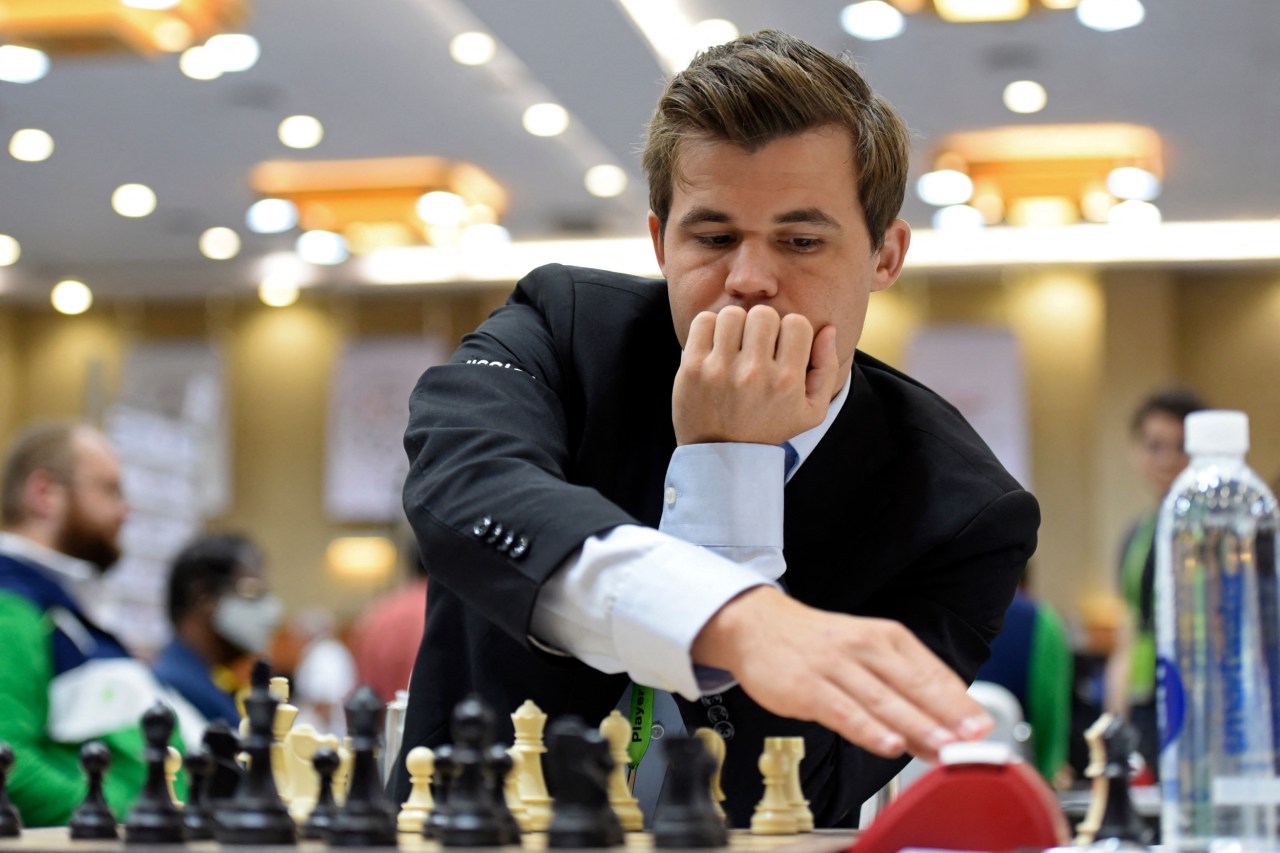The chess world has recently been engulfed in a captivating saga that echoes through its grand halls like an unexpected checkmate. While chess may seem like an ancient game steeped in tradition and logic, recent events have exposed an undercurrent of uncertainty, raising questions about trust, ethics, and technology. The ongoing drama between reigning world champion Magnus Carlsen and challenger Hans Niemann has captured the attention of not just chess aficionados but also the general public due to its implications—could a player possibly cheat using hidden technology during an over-the-board (OTB) match?
The Catalyst of Controversy
The drama kicked off at the Sinquefield Cup when Magnus Carlsen faced off against Hans Niemann, a young player who had made headlines for his rapid rise in the chess hierarchy. What was expected to be a titanic clash quickly turned into a whirlwind of accusations after Carlsen unexpectedly forfeited the match and hinted at possible cheating in a cryptically-worded tweet. This prompted fans, pundits, and even former chess legends like Garry Kasparov to speculate about what could be discovered behind closed tournament doors.
Despite the gravity of the situation, the evidence linking Niemann to any wrongdoing remains circumstantial. Both players have faced scrutiny since the incident, with Niemann firmly denying any allegations while citing his extensive preparation and skill as the reason behind his success against Carlsen.
The Spectrum of Cheating in Chess
Cheating in chess, particularly at the grandmaster level, sparks heated debates. Unlike online platforms where players may resort to dubious tactics, physical tournaments involve a different set of challenges with technological limitations. Yet, the emergence of sophisticated artificial intelligence (AI) engines capable of playing at an elite level complicates matters.
- Online Integrity vs. Over-the-Board Trust: Players agitating for reforms often cite the ease of cheating online compared to the nearly impossible task of doing so in real-life matches. The harsher scrutiny in physical tournaments naturally raises the stakes.
- Technological Conundrum: Could a player theoretically conceal a compact chess engine? As engines grow more accessible, the murky waters of technological cheating muddle the line between skill and artifice.
What Does This Mean for the Future?
As discussions persist, the potential for undiscovered cheating in OTB games poses an existential crisis for the integrity of chess. Players at the elite level are revered for their deep understanding of the game, yet the possibility of hidden technological aids makes both the players and the game itself vulnerable.
Carlsen’s withdrawal and subsequent actions might hint at a larger disquiet among top players, suggesting an ongoing battle against the specter of mistrust. The chess community, fiercely protective of its traditions, must grapple with the implications of technology and change not just within the confines of the game but also in the global chess conversation.
The Road Ahead
This turmoil introduces a pressing question: How can the chess community evolve while still preserving its integrity? Seeking balance between tradition and technological advancements may pave the way for a future where competitions remain fair and exciting.
To navigate this evolving landscape, significant security measures may be required that encompass both technology and trust:
- Updated Regulations: The governing body, FIDE, may need to implement enhanced measures to overhaul the current policies on player behavior.
- Innovative Solutions: Exploring advanced detection systems or protocols that safeguard against potential cheating without compromising the players’ experience or comfort will become essential.
Conclusion: A New Dawn for Chess
The chess world stands at a crossroads where trust and technology intertwine. As the drama unfolds, one thing is clear: chess will continue to evolve, but so too must its defenders. Whether through rigorous regulations, enhanced technologies, or fresh approaches to competition, the chess community must stay vigilant. Like the game itself, the pursuit of integrity in this storied tradition requires not only strategic thinking but also a commitment to transparency and fairness.
For more insights, updates, or to collaborate on AI development projects, stay connected with fxis.ai.
At fxis.ai, we believe that such advancements are crucial for the future of AI, as they enable more comprehensive and effective solutions. Our team is continually exploring new methodologies to push the envelope in artificial intelligence, ensuring that our clients benefit from the latest technological innovations.

